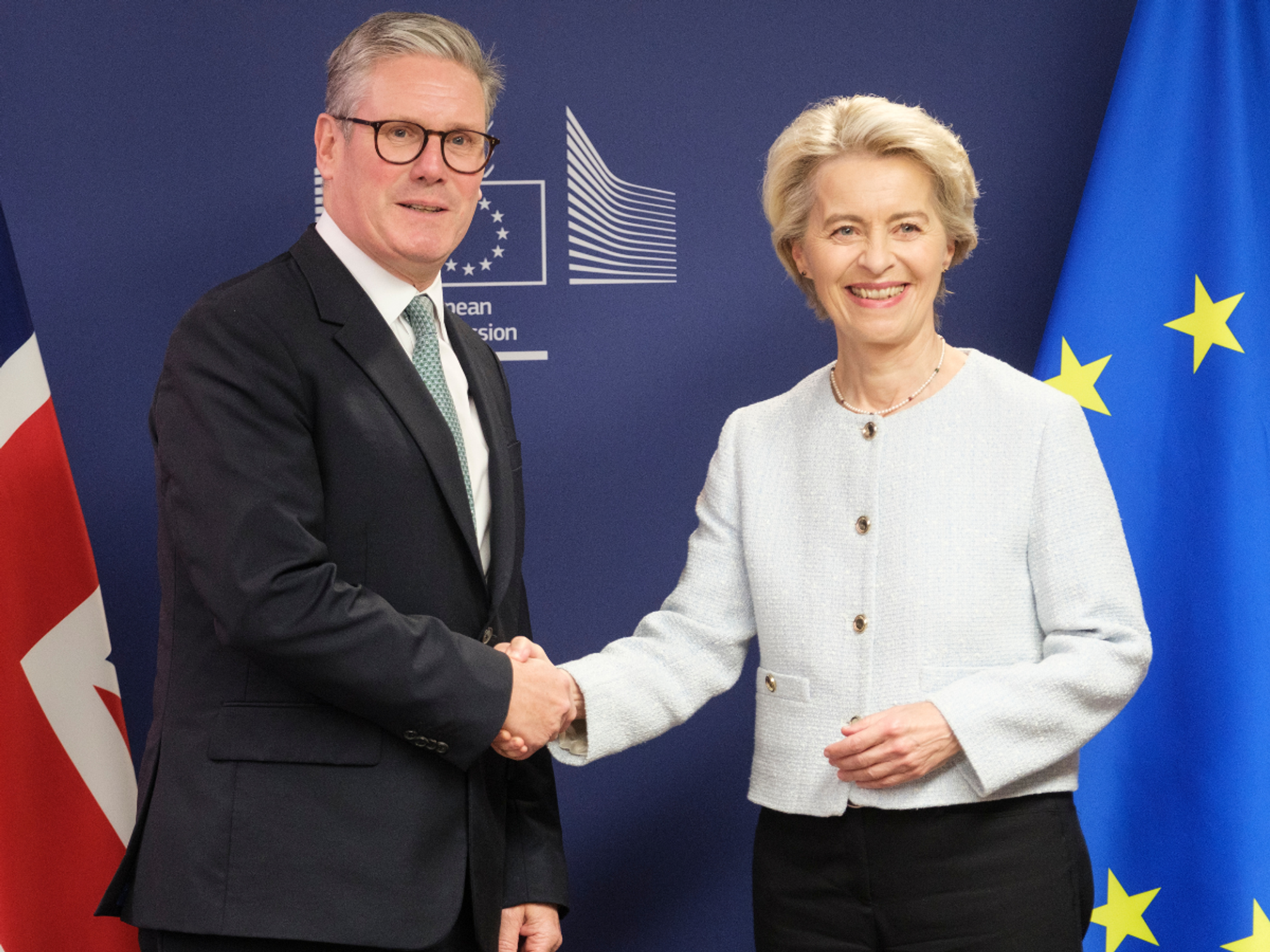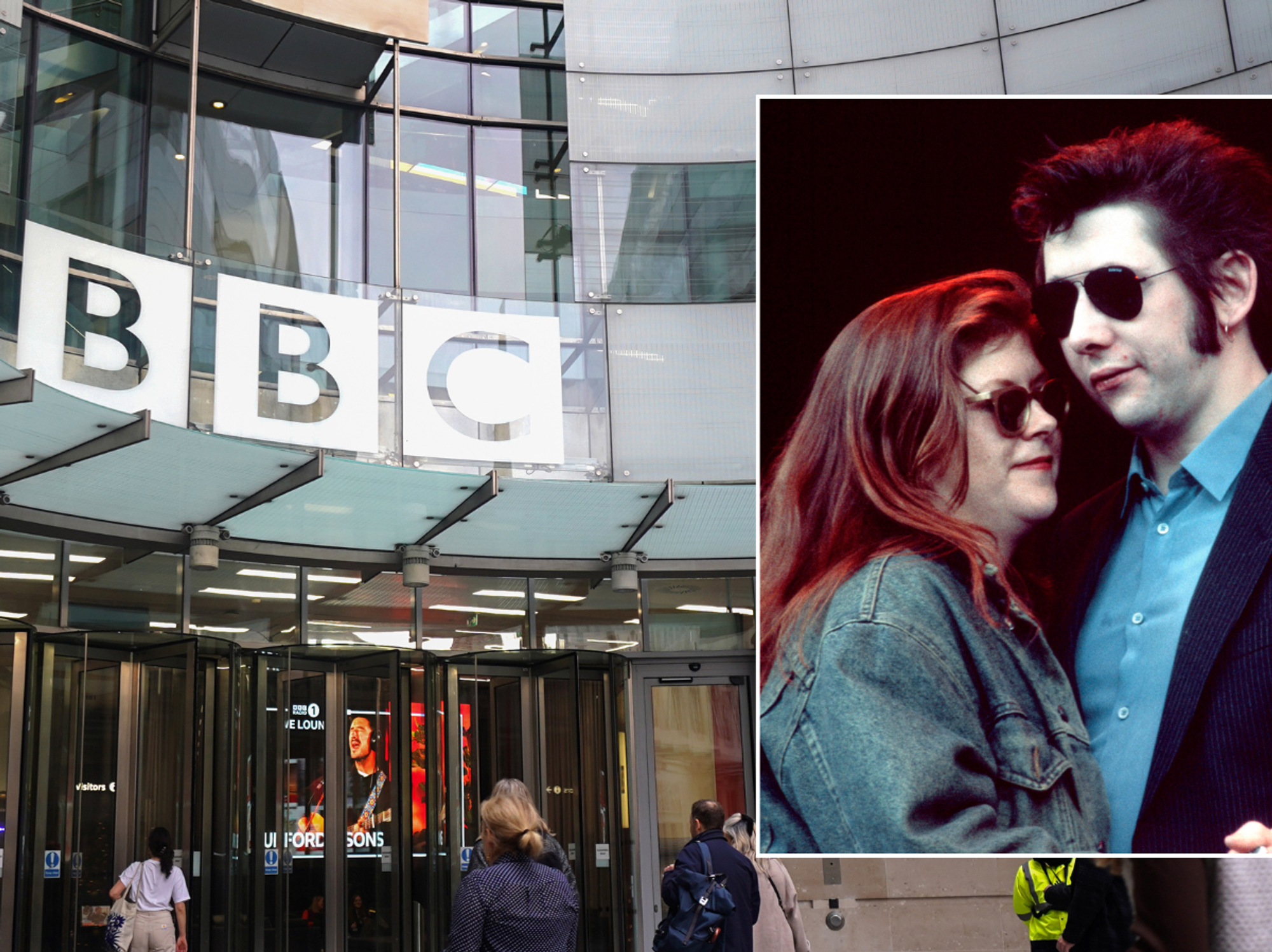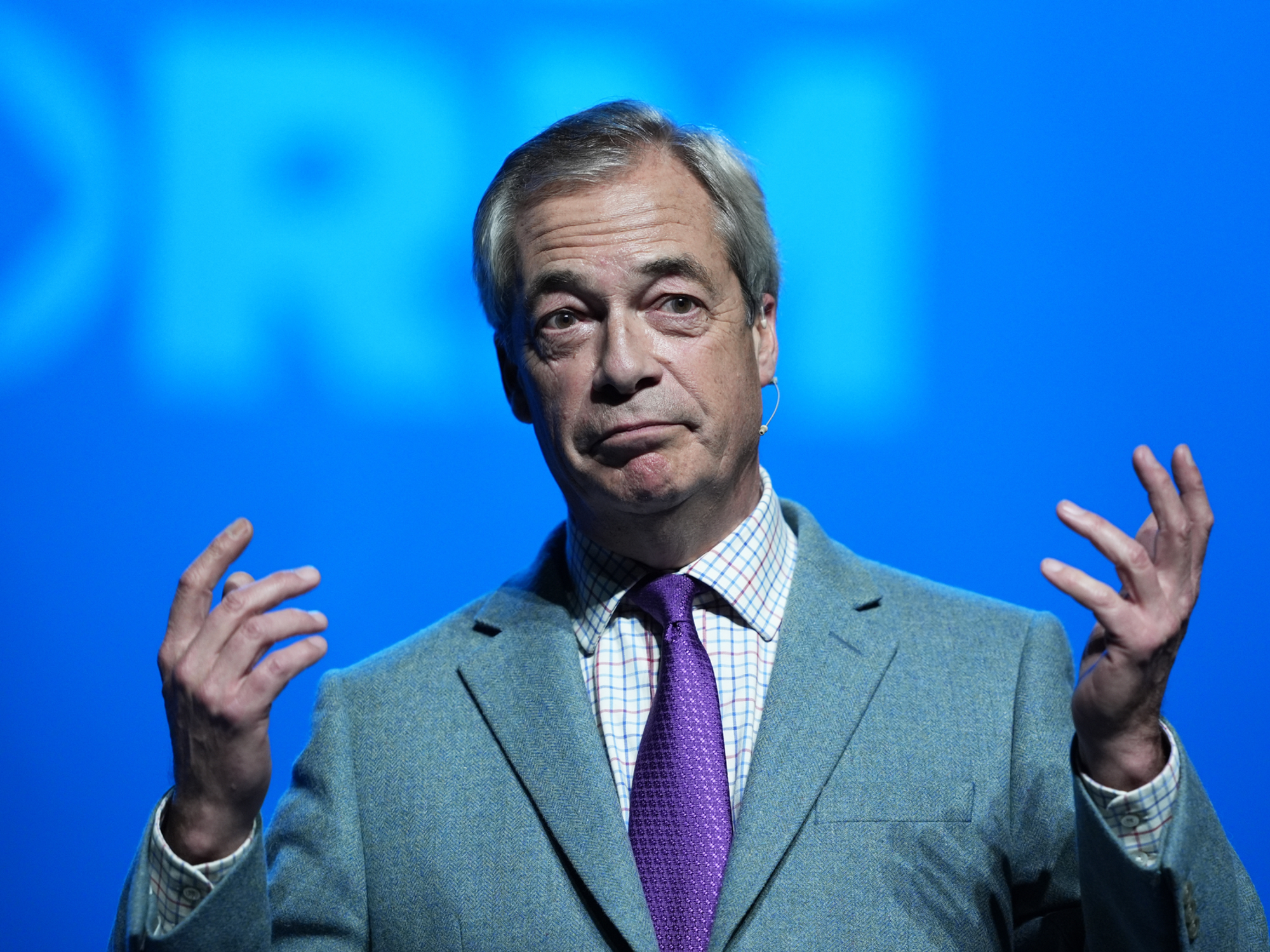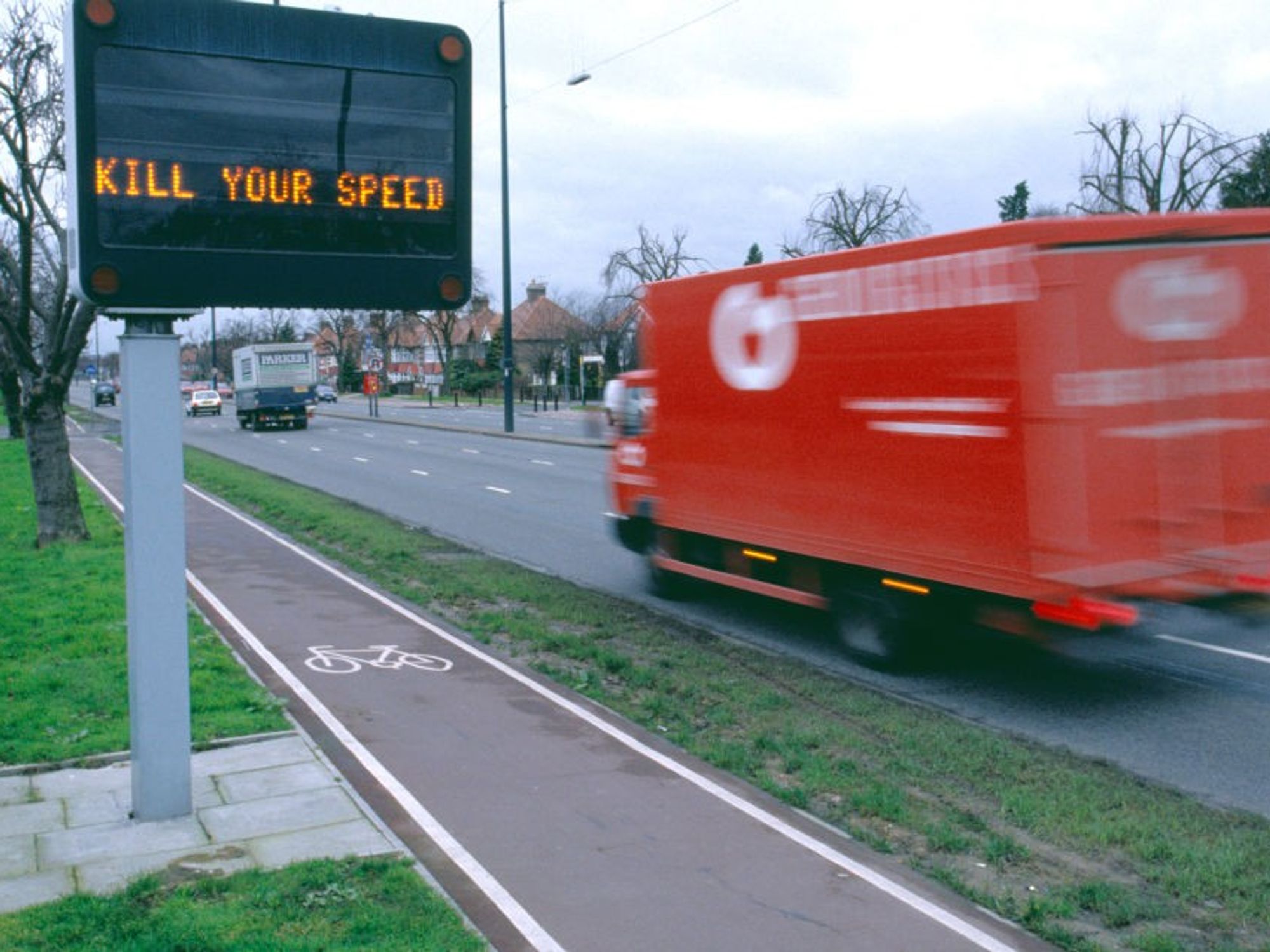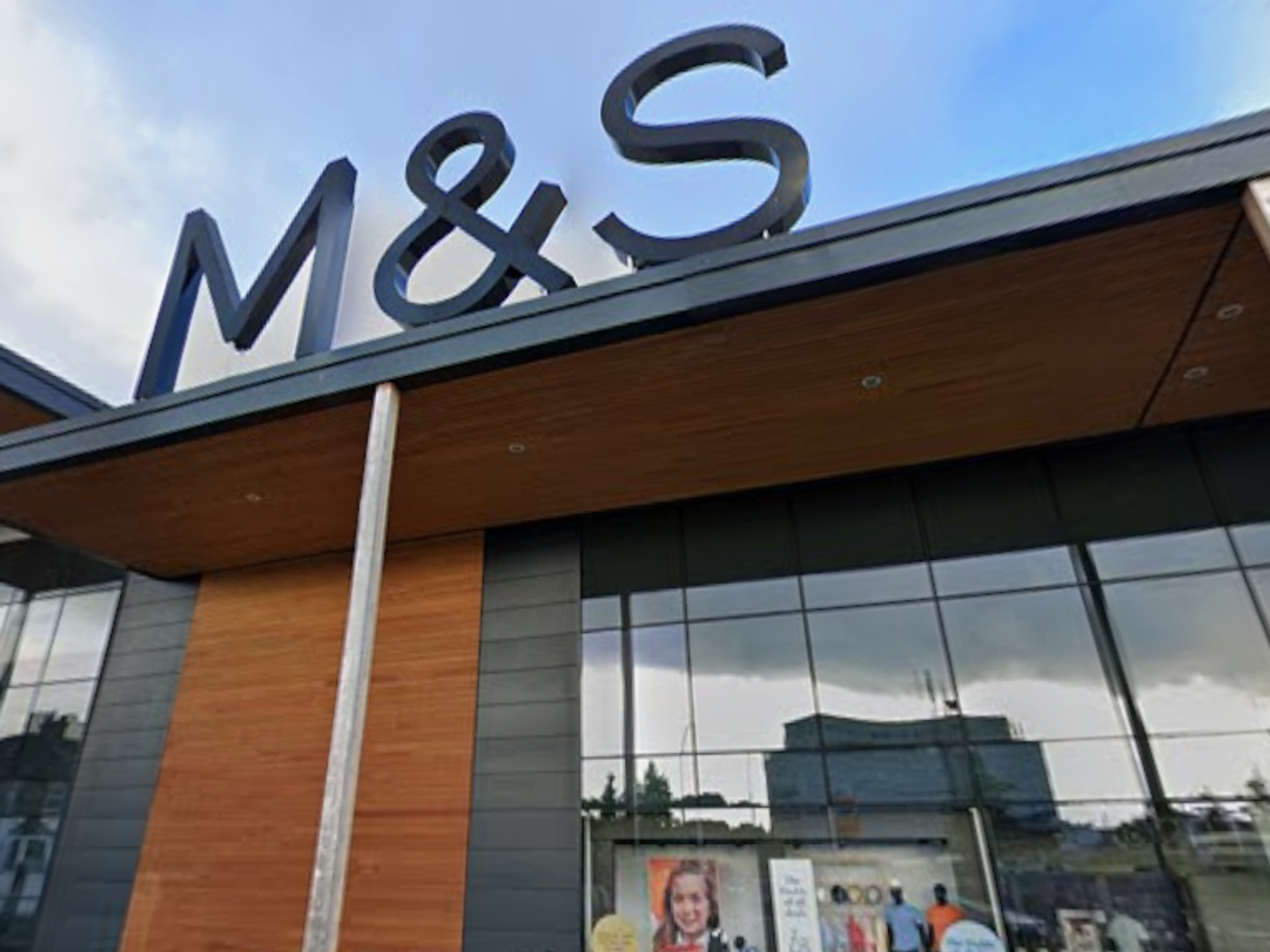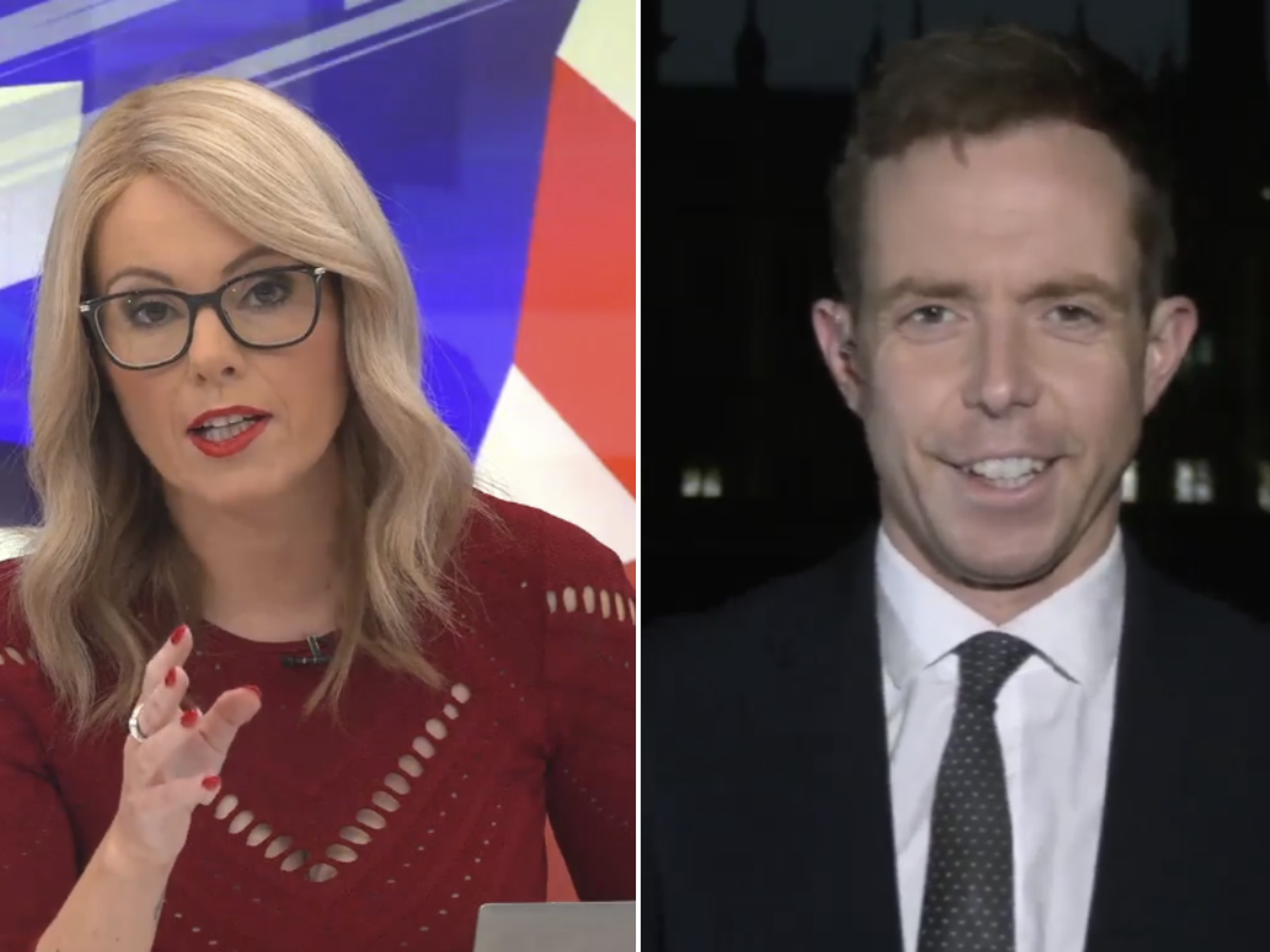Martin Lewis explains how to boost your inheritance tax free allowance to £500,000
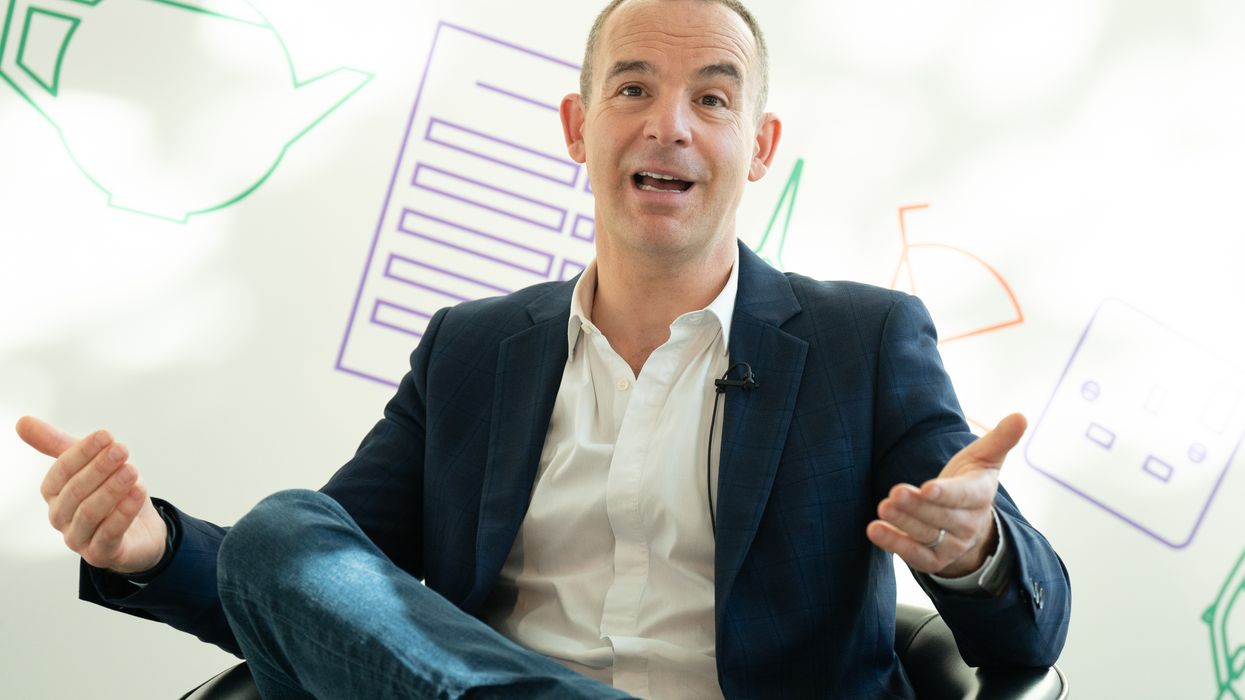
Martin Lewis has explained a way Britons can leave more to their families
| PA
Less than four per cent of estates paid inheritance tax in 2020/21, but this is set to rise to more than seven per cent by 2032/33.
Don't Miss
Most Read
Martin Lewis has explained a way that Britons can leave more to their families without being hit by the dreaded inheritance tax.
Inheritance tax (IHT) is a 40 per cent tax on the estate (the property, money and possessions) of someone who has died.
Usually, there is no IHT to be paid on the first £325,000 of one's estate, but the money-saving expert has explained a way people can boost this amount to £500,000.
Inheritance tax receipts rose to £7.5billion last year with more households being forced to pay up to HMRC.
Due to frozen tax allowances and rising house prices, more families are becoming concerned with being caught in the net.
During his inheritance tax special on the Not The Martin Lewis Podcast, the personal finance expert explained his five IHT need to knows to help viewers understand the complex topic.
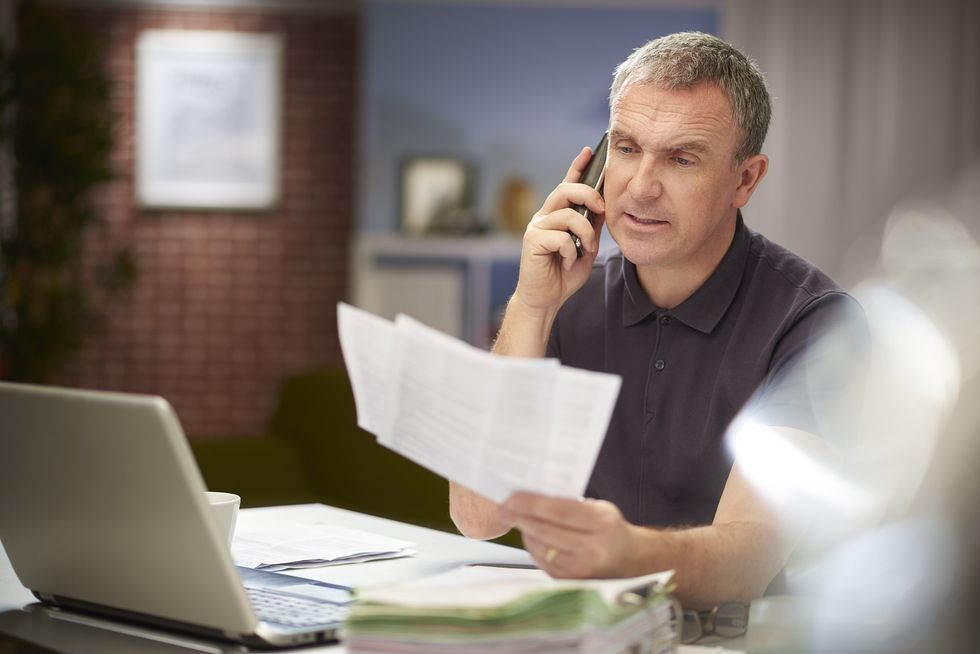
Usually there is no IHT to be paid on the first £325,000 of one's estate
| GETTYIn the current tax year, 2024/25, no inheritance tax is due on the first £325,000 of any estate, with 40 per cent normally being charged on any amount above that.
However, the amount that's taxable will be lowered for anyone who leaves their home to their 'direct descendants'
Explaining to viewers how to boost their tax free allowance, Lewis said: "You do not pay inheritance tax on the first £325,000 left to others.
"That is boosted to £500,000 if your main residence is left to offspring.
"So that could be biological, foster, step or adopted children or grandchildren. This only applies if your total estate isn't worth more than £2million."
Britons can benefit from an increased tax free allowance as they will now have two tax-free allowances:
- £325,000 – this is the basic inheritance tax allowance that everyone gets, which still applies.
- £175,000 – since 2017, everyone has also been able to take advantage of something called the 'residence nil-rate band', commonly known as the 'main residence' band.
This is an additional allowance that people can receive on top of the existing £325,000 inheritance tax allowance if they pass on their main residence to their children (including adopted, foster and stepchildren) or grandchildren.
On the money-saving expert website, it outlines three situations where the residence nil-rate band may not apply.
The main residence allowance will decrease by £1 for every £2 above £2million that the deceased's estate is worth.
Additionally, an individual's home won't qualify for the £175,000 main residence allowance if it's in a 'discretionary will trust', even if the beneficiaries of the trust are their children or grandchild.
Lastly, if someone's home is not worth £175,000 (or £350,000 if two spouses' allowances are combined), they can't use the main residence allowance to offset tax against other assets. So, technically it's an allowance of 'up to' £175,000.
It should be noted, that couples can't combine allowances if they're not married or in a civil partnership.
LATEST DEVELOPMENTS:
Lewis added: "You can pass on your unused allowance to your spouse. In other words, if you leave them everything, they can then leave £1million to their offspring."
A spouse's inheritance tax allowance rises by the percentage of their allowance that they didn't use, meaning together a couple can currently leave £1million tax-free (2 x £325,000 tax-free allowances + 2 x £175,000 main residence allowances).
Lewis concluded: "If it's likely you're going to be taxed, there are gifting rules that can help either from your annual income allowances or if you live long enough afterwards."





